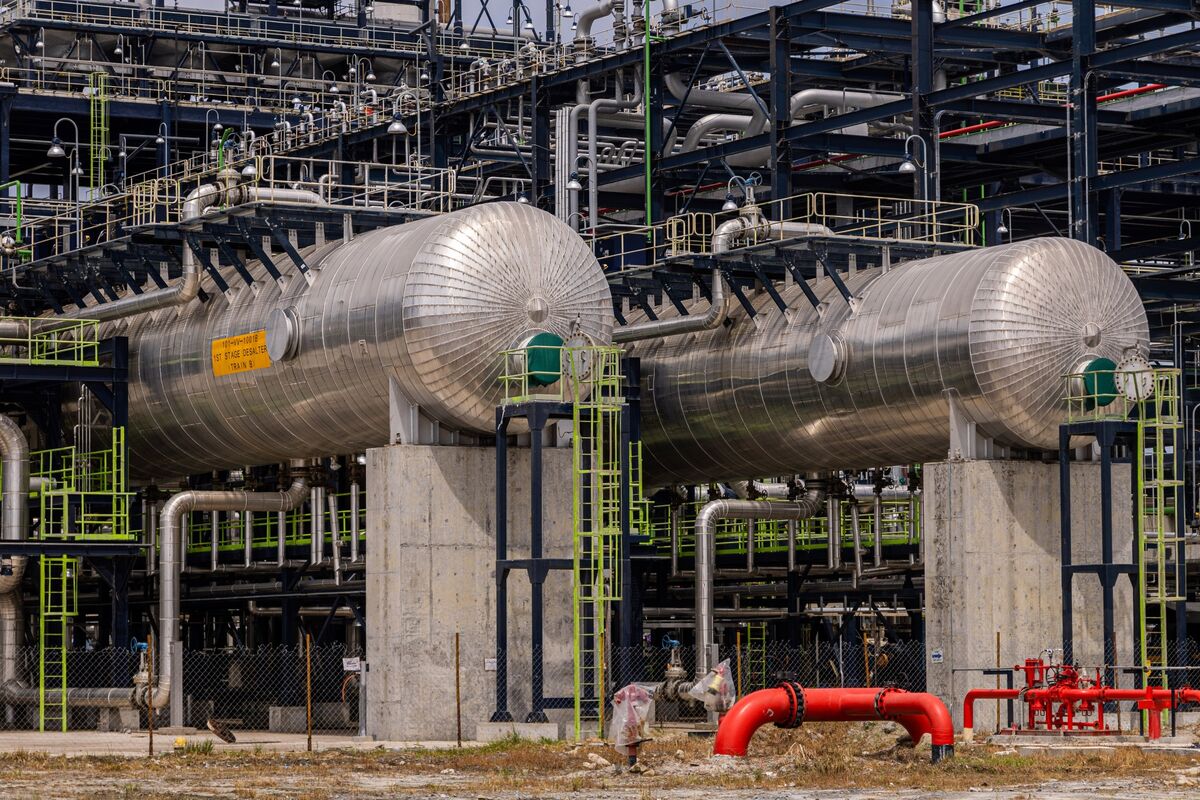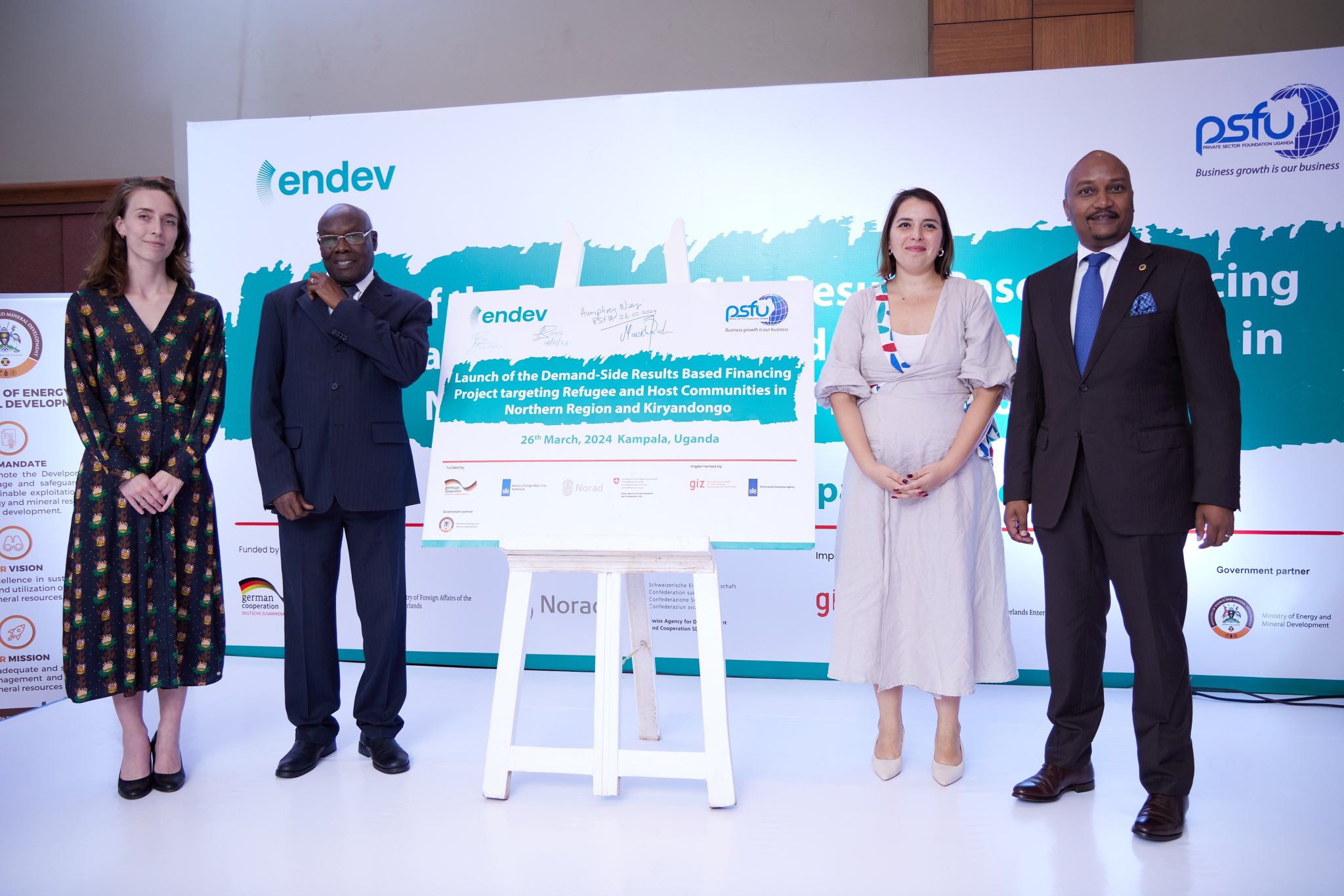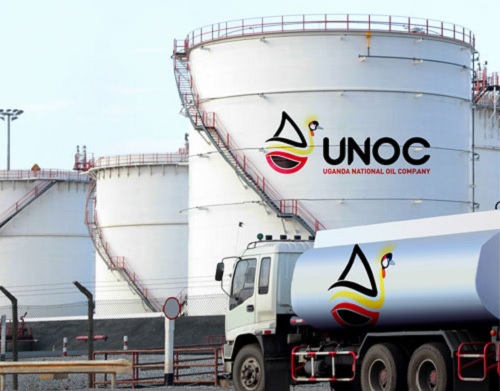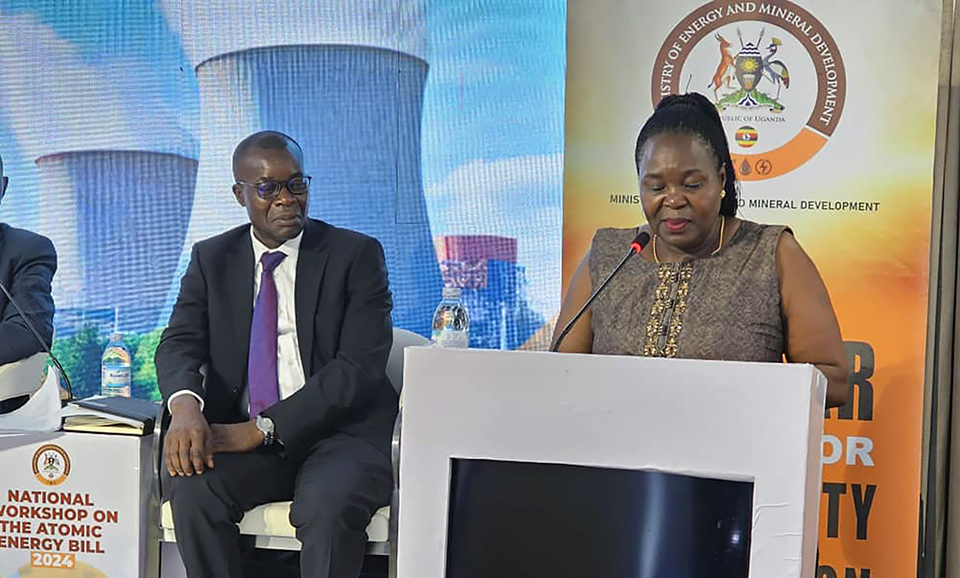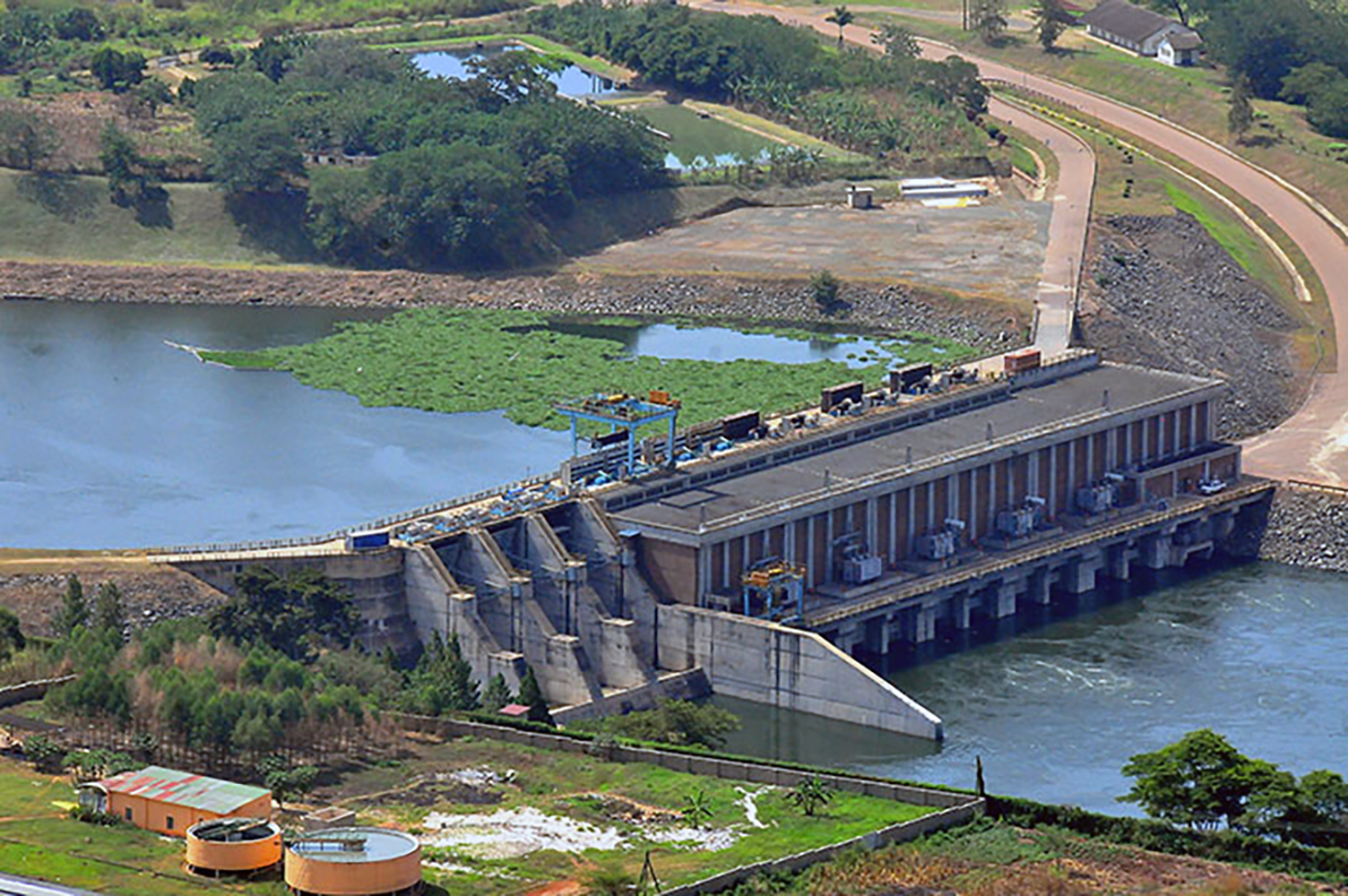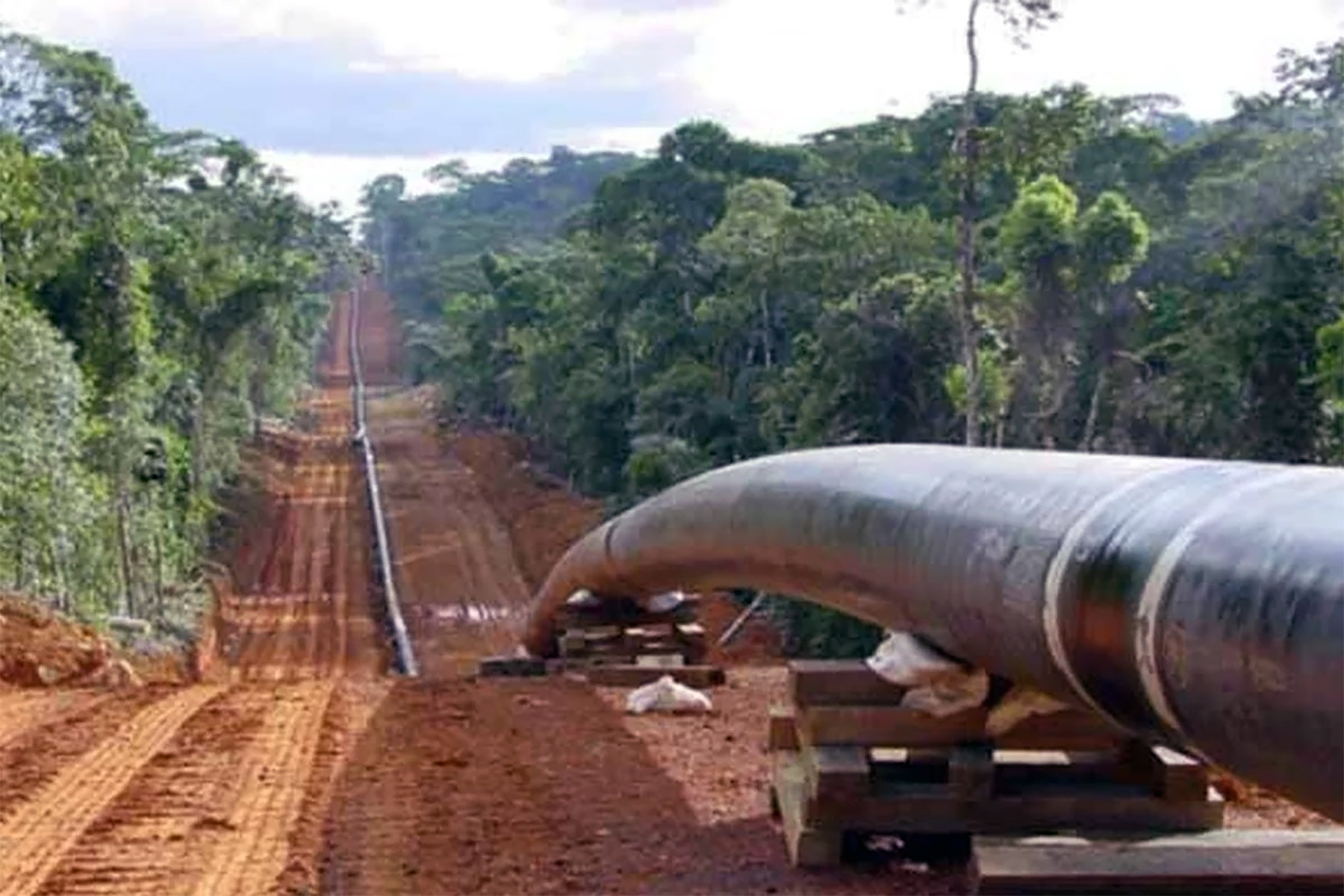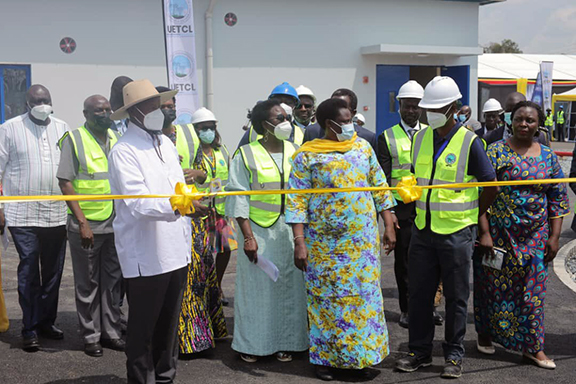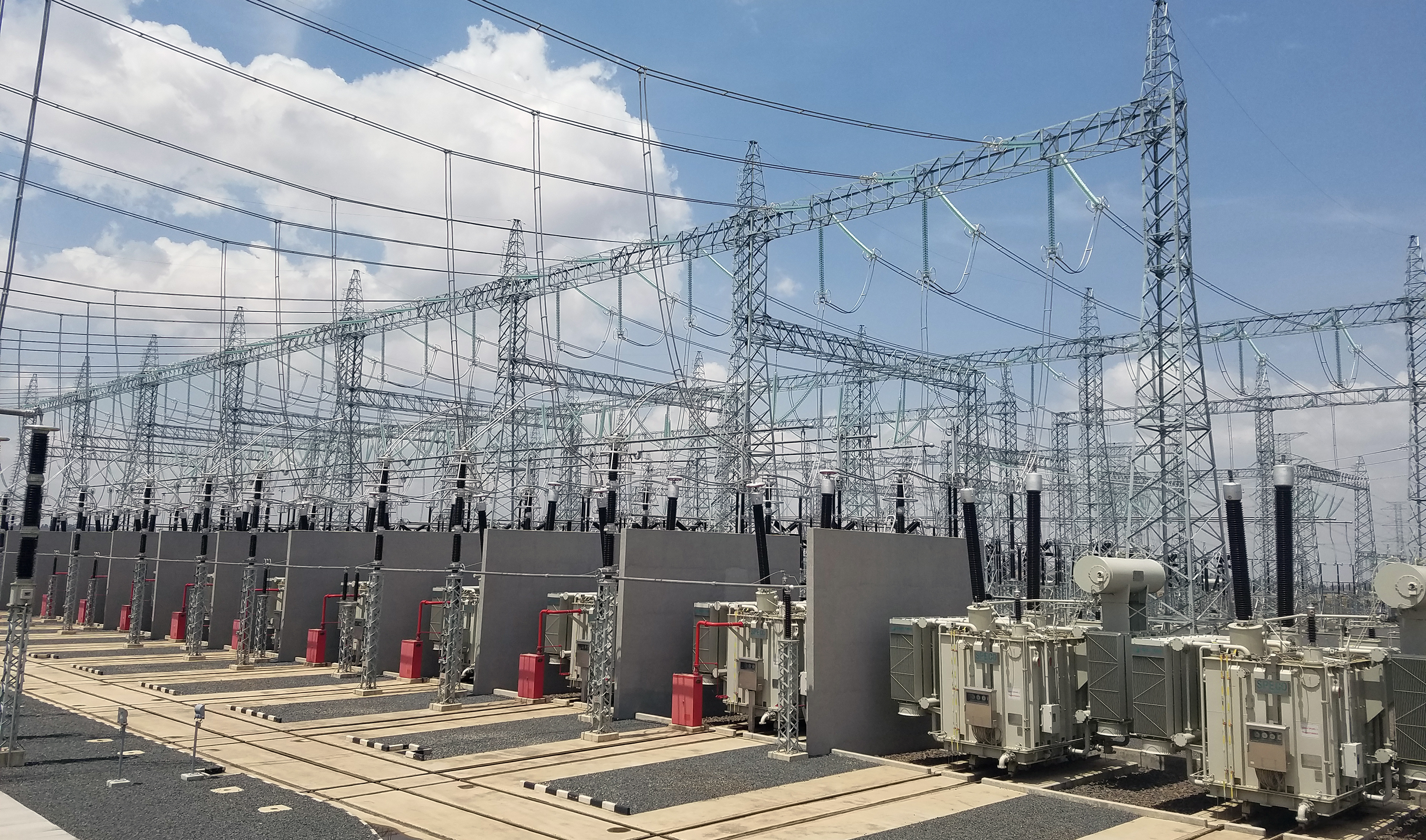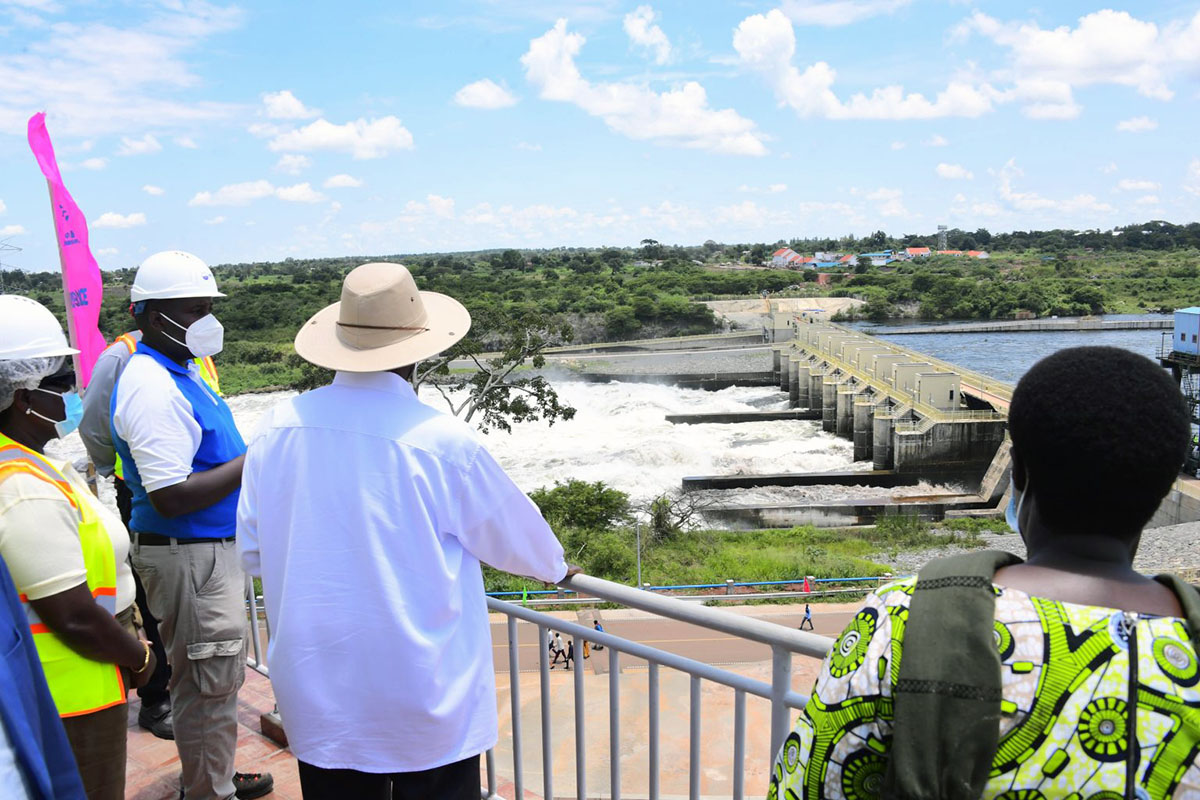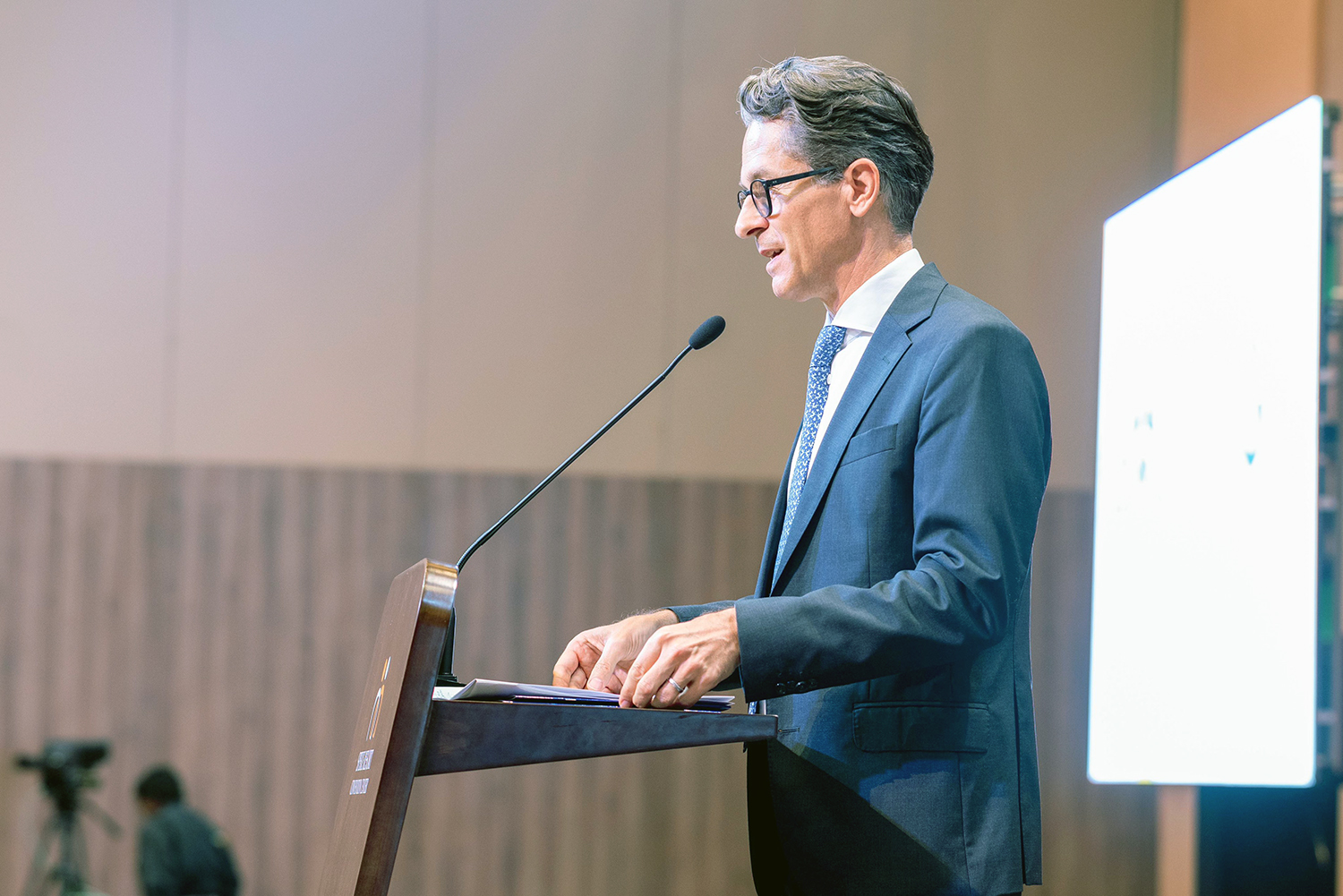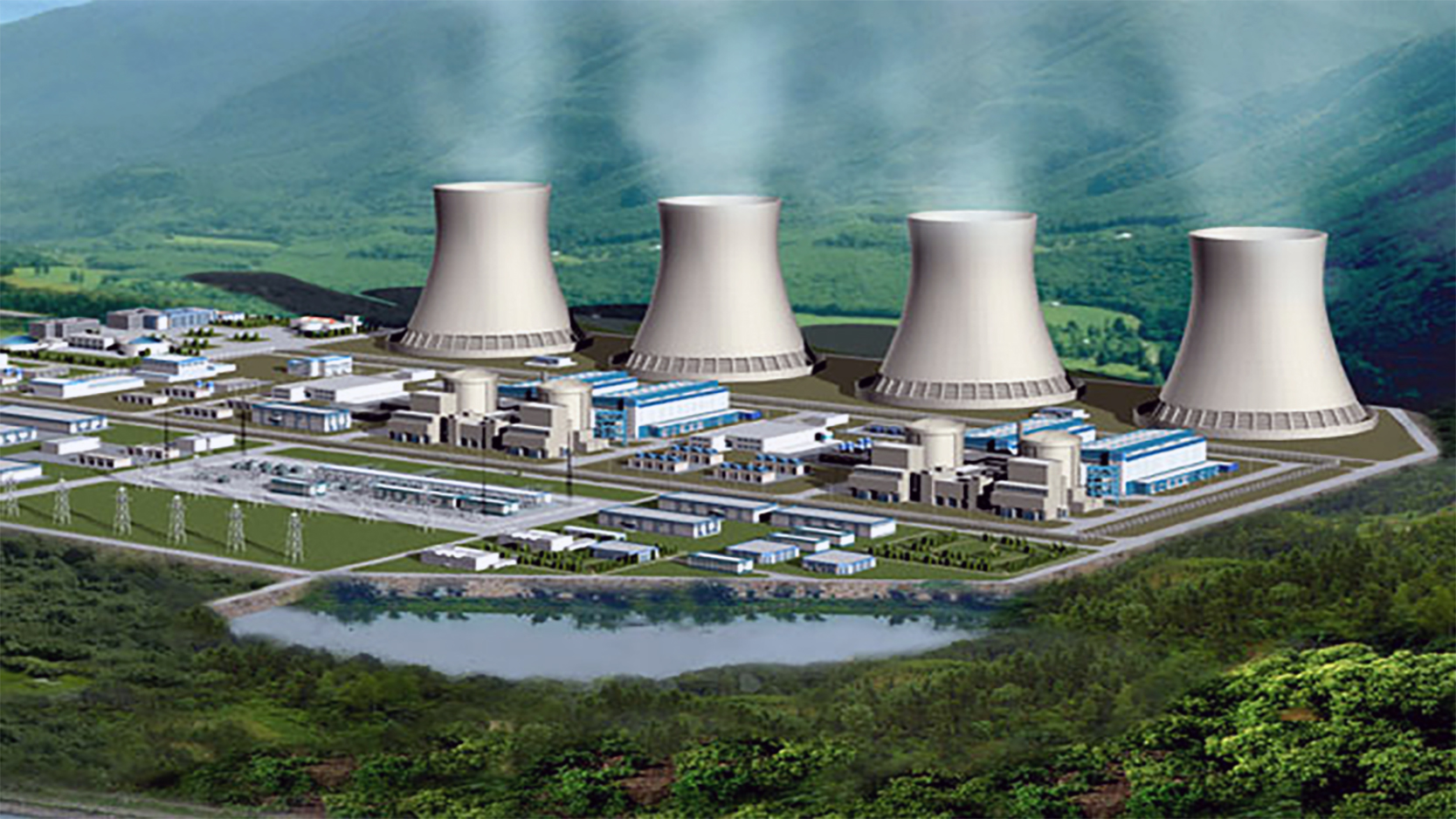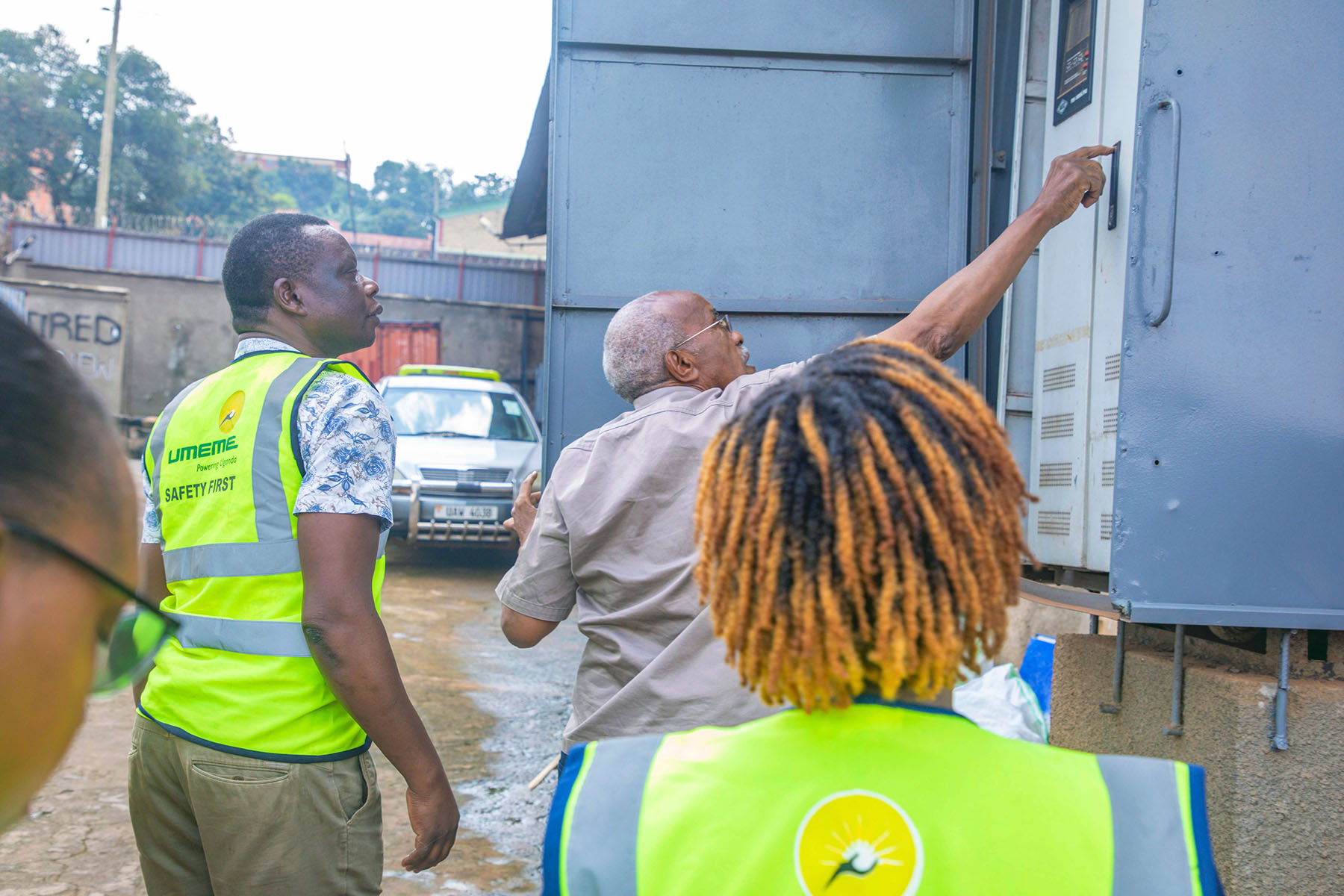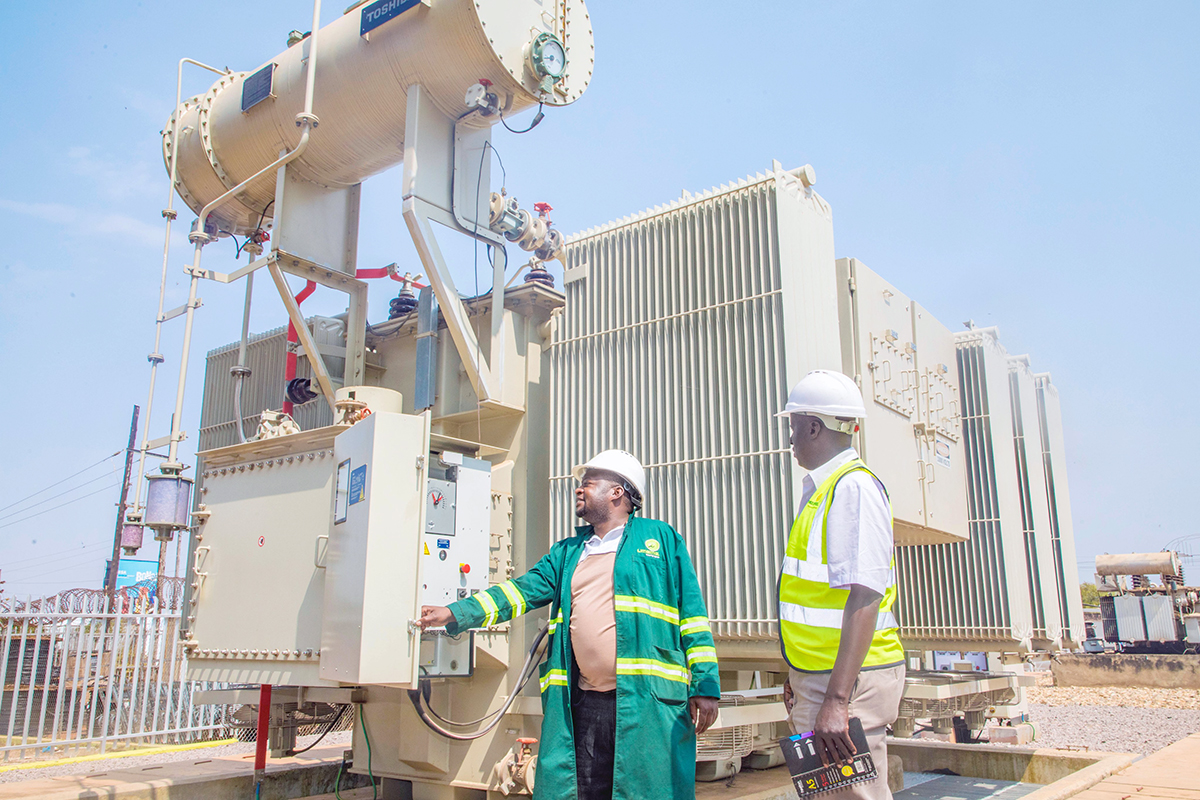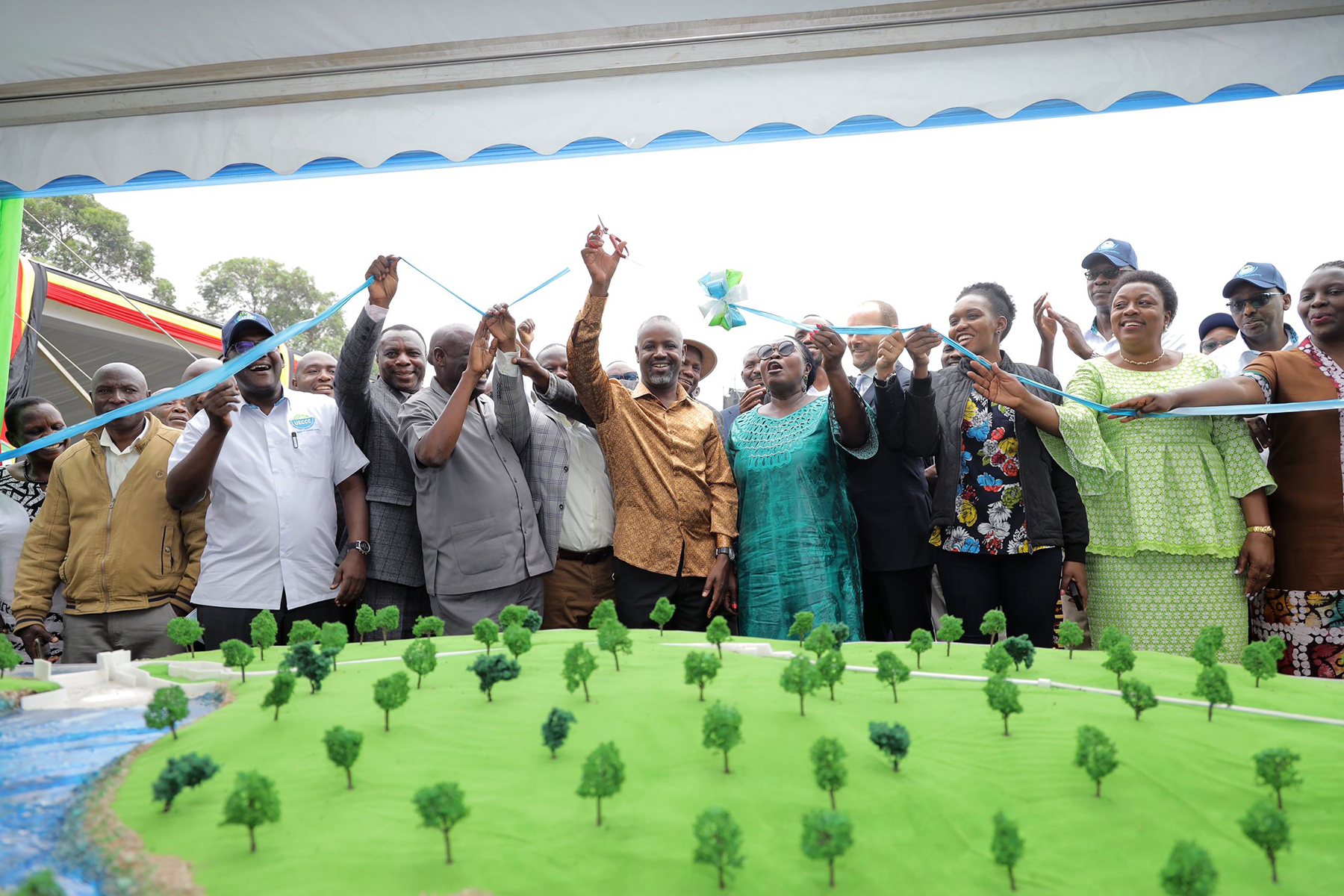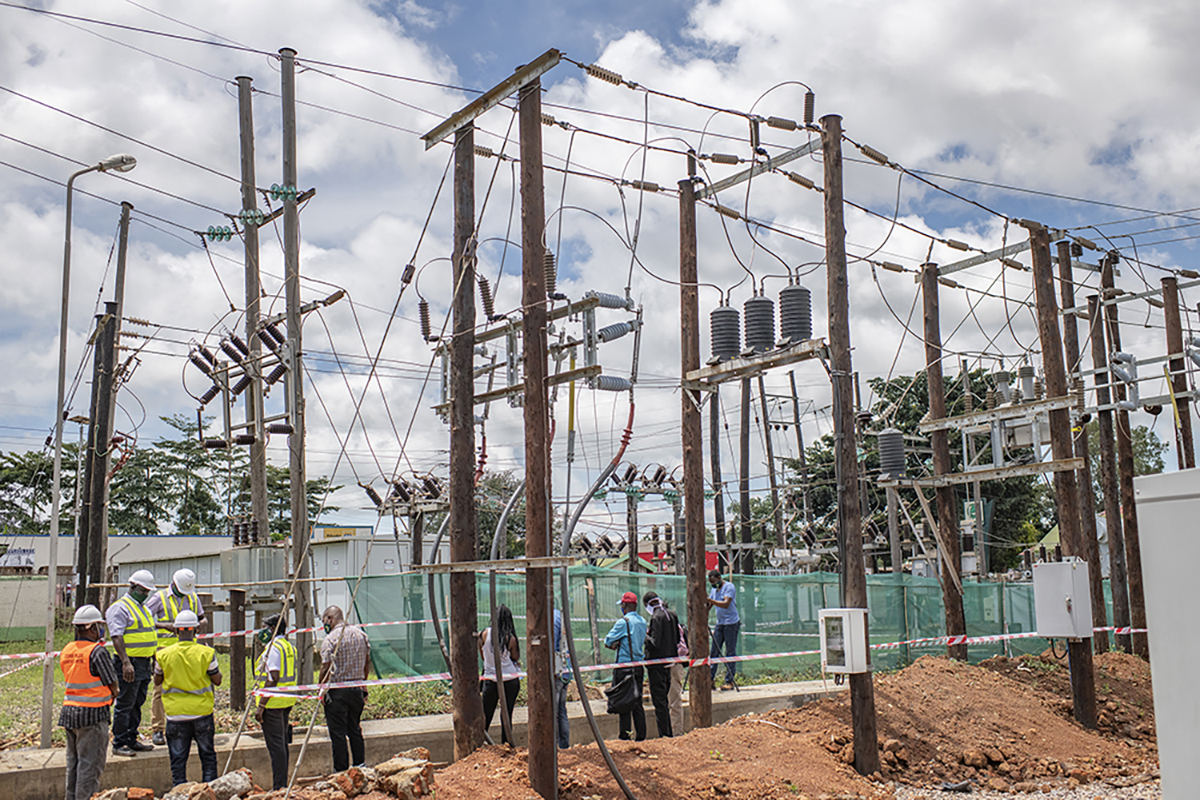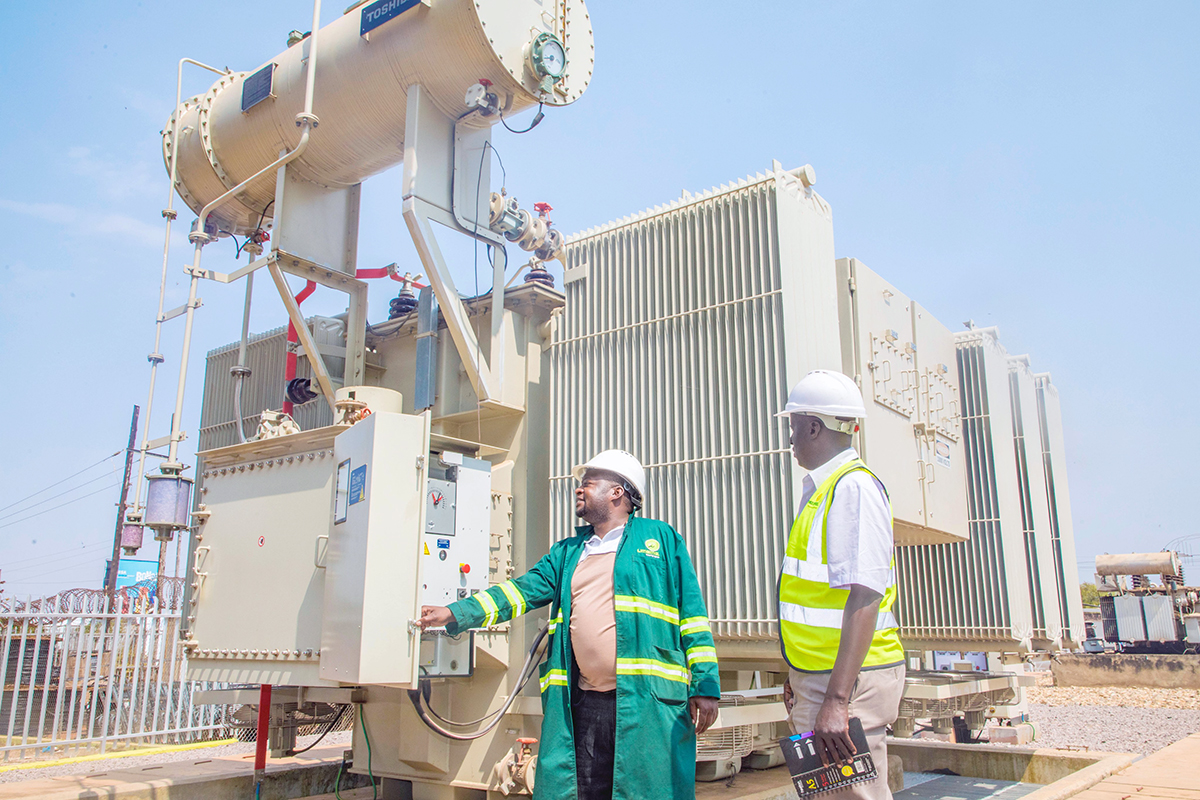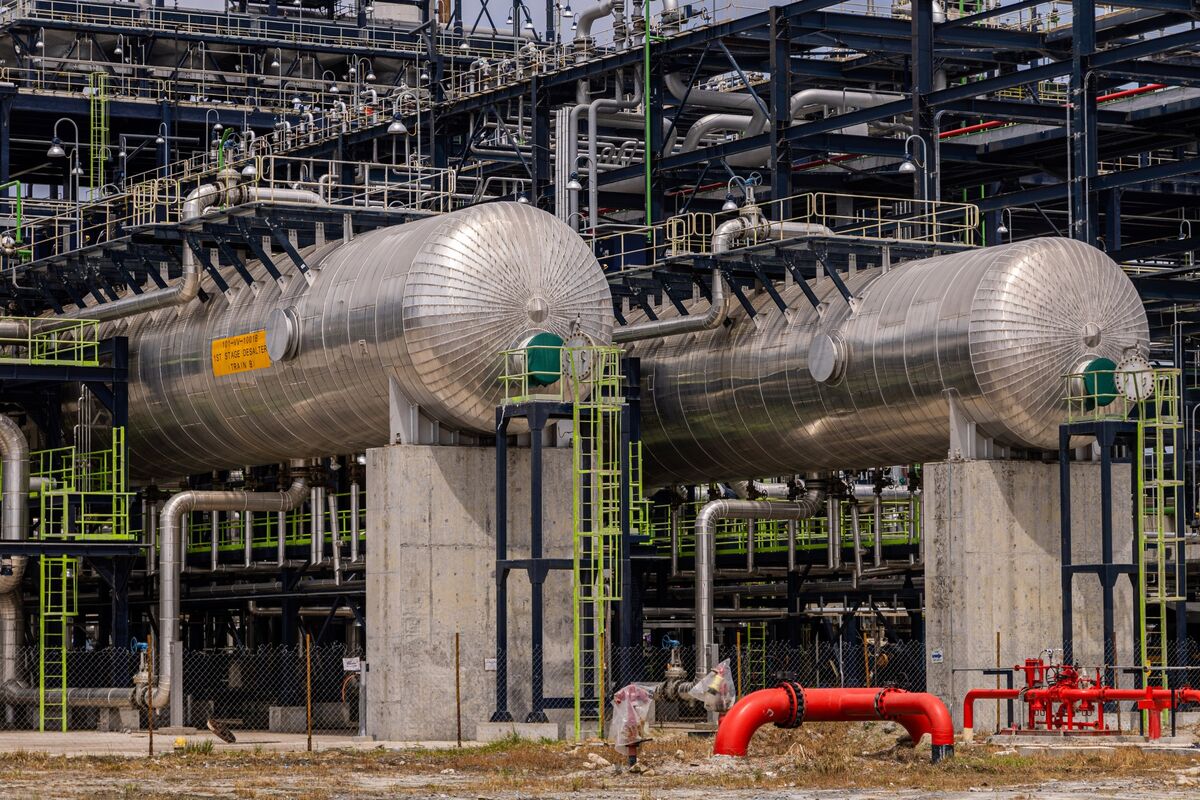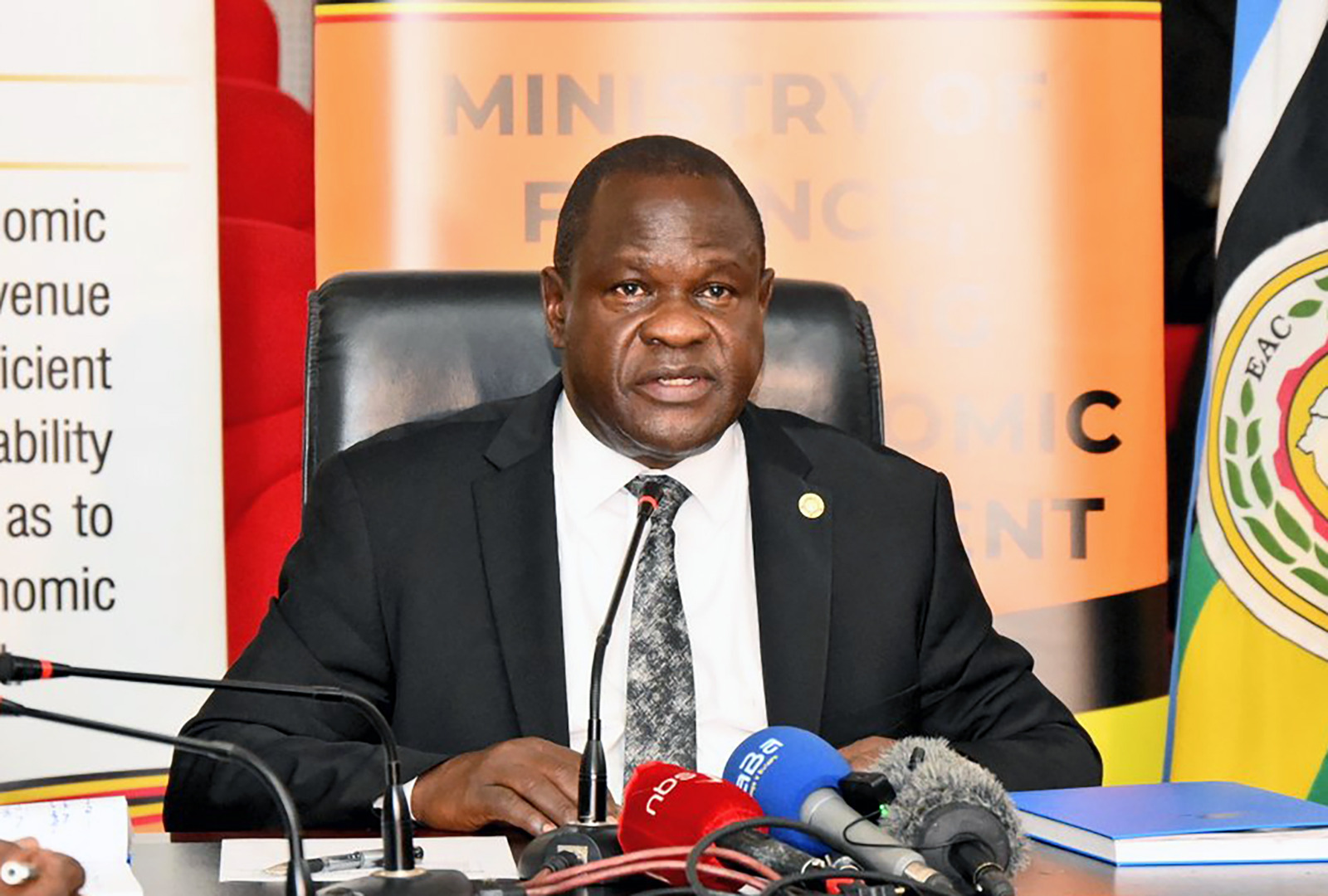Uganda getting set for 24,000 megawatts nuclear plant

Top Ministry of Energy and Mineral Resources officials pose for a group photo with representatives of the International Atomic Energy Agency (IAEA) at the meeting on Monday.
Uganda's uranium exploration is gaining momentum to meet global energy demands, with plans for a 24,000MW nuclear power station by 2040, Irene Batebe, the permanent secretary for the ministry of Energy and Minerals Development, has said.
‘’The exploration and evaluation of uranium resources, supported by the International Atomic Energy Agency, are vital to ensuring a sustainable supply of nuclear fuel for Uganda's planned nuclear power plants and research reactors. Uganda's uranium exploration is gaining momentum to meet global energy demands, with plans for 24,000MW nuclear power by 2040,” she said.
Speaking at the Integrated Uranium Production Cycle Review Mission conference at Speke Resort Munyonyo, Batebe added that the Government is planning to establish a Centre for Nuclear Science and Technology for nuclear education, training, research and development of uranium for radioisotopes for industrial and medical applications.
- Worldwide, the demand for uranium is increasing and the uranium production cycle involves exploration, mine construction, operation, and decommissioning.
Batebe said Uganda is progressing with detailed uranium exploration and will soon move to the construction phase of its first nuclear power station. She said the Integrated Uranium Production Cycle Review symposium comes at the right time as it would help to guide both exploration and infrastructure development for the next phase.
The event is being hosted by the Government through the Ministry of Energy and Mineral Development, in partnership with the International Atomic Energy Agency.
- The objectives of the Review Mission in Uganda will include providing Uganda with an objective assessment of the status of its national infrastructure for uranium exploration, mining, and processing. The mission also aims to acknowledge areas of good practice and offer suggestions or recommendations for improvement.


Phiona Nyamutoro, the State Minister for Minerals, highlighted the significance of this peer review mission in evaluating and enhancing Uganda's uranium production cycle.
”This mission will support Uganda in enhancing regulatory, operational, social, environmental, and safety performance throughout the uranium production cycle, aligning with the country's nuclear power aspirations,” she said. ‘’With a growing energy demand, for key infrastructural developments, government seeks to utilize hydropower potential and explore nuclear power options.’’
Adrienne Hanly, the Technical Lead for Uranium Resources and Production at IAEA, said the recruitment of international experts started in February, with the selection process completed by 8 March 2024. In April, International Atomic Energy Agency (IAEA) experts began reviewing evaluation forms and other related materials.
According to Uganda’s Vision 2040, the Government is committed to developing nuclear power from the available uranium resources in the country to reduce the energy deficit. Furthermore, the National Development Plan III (2020/21-2024/25) indicates the willingness to support uranium exploration through a proposed project on Uranium Exploration for Peaceful and Scientific Applications.
- In 2016, Uganda signed a Memorandum of Understanding (MoU) with Russia to cooperate in the development of nuclear energy. This agreement included feasibility studies for nuclear power plants and training for Ugandan personnel in the nuclear field.
- Globally, uranium-powered stations have been popular for decades as the mineral fuel packs a tremendous amount of energy in a small volume. This means that a relatively small amount of uranium can produce a large amount of electricity, making nuclear power plants highly efficient.
The U.S. has the largest number of nuclear power plants in the world, and nuclear energy accounts for 20% of its electricity generation. Ongoing research and development in nuclear technology continue to improve safety, efficiency, and waste management practices, making nuclear power an increasingly attractive option for clean energy generation worldwide.


.jpg)


